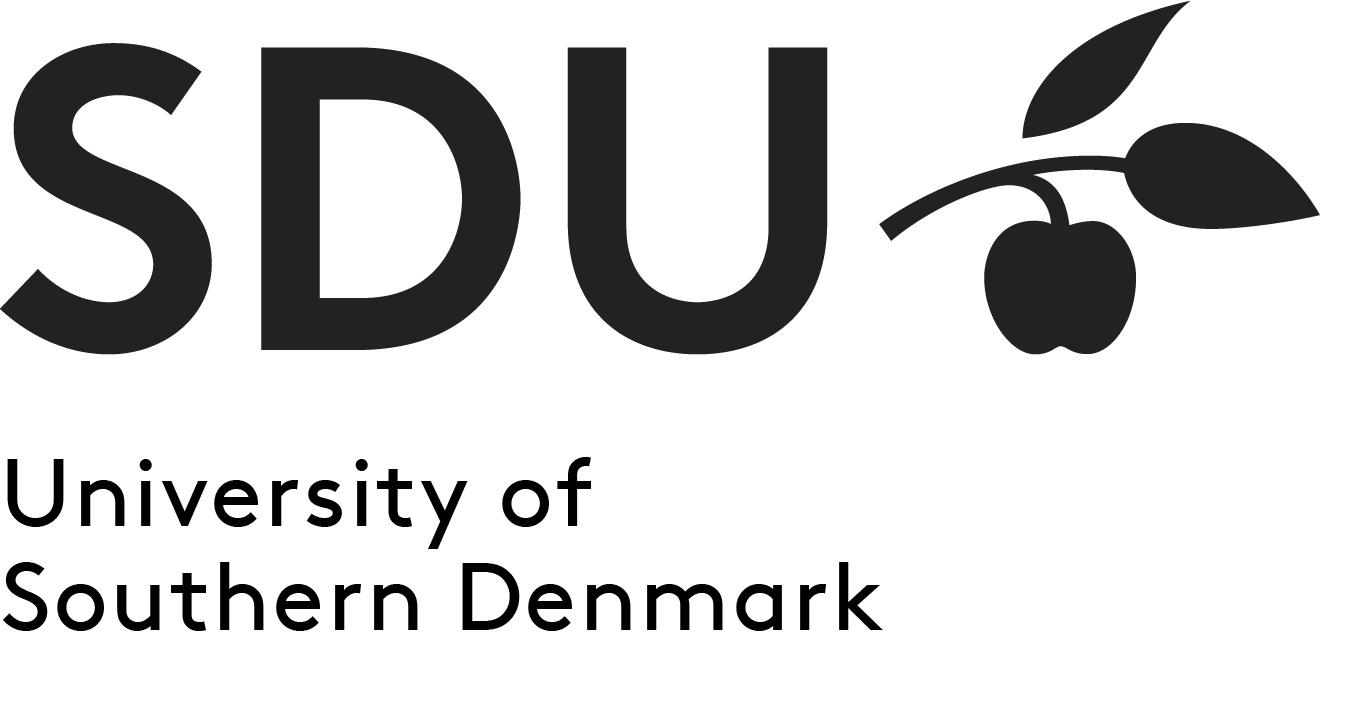Resources
As a team and with various collaborators, we have researched and written about social networks and social media in education. Here, we provide a list of select articles.
2025

The Role of Knowledge Brokers in Supporting Social Opportunity Spaces
Informal networks and knowledge brokers can be promising sources of valuable information and resources for schools. In this chapter, we first provide some more background information on informal networks and knowledge brokers. Second, we describe a methodological approach that can be used to analyze the role of knowledge brokers in informal online SOS. In particular, we introduce the Social Brokerage Index, which is a social network metric that caters to the particularities and affordances of social media, as well as combine the applicable results with findings from natural language processing. Finally, based on data from X (formerly Twitter), we provide a short case study on how this approach can contribute to a better understanding of the role of knowledge brokers in sharing and distributing knowledge and resources within SOS.
Read →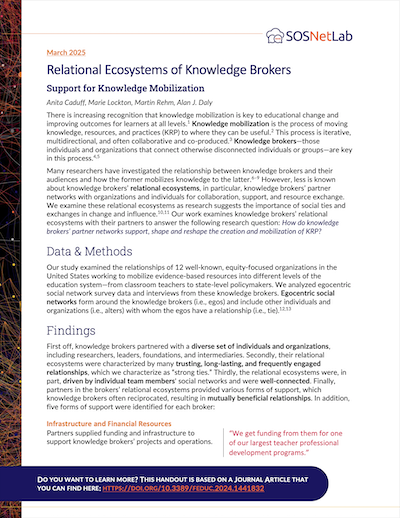
Relational Ecosystems of Knowledge Brokers Support for Knowledge Mobilization
There is increasing recognition that knowledge mobilization is key to educational change and improving outcomes for learners at all levels. Knowledge mobilization is the process of moving knowledge, resources, and practices (KRP) to where they can be useful. This process is iterative, multidirectional, and often collaborative and co-produced. Knowledge brokers—those individuals and organizations that connect otherwise disconnected individuals or groups—are key in this process.Many researchers have investigated the relationship between knowledge brokers and their audiences and how the former mobilizes knowledge to the latter. However, less is known about knowledge brokers’ relational ecosystems, in particular, knowledge brokers’ partner networks with organizations and individuals for collaboration, support, and resource exchange. We examine these relational ecosystems as research suggests the importance of social ties and exchanges in change and influence. Our work examines knowledge brokers’ relational ecosystems with their partners to answer the following research question: How do knowledge brokers’ partner networks support, shape and reshape the creation and mobilization of KRP?
Read → Download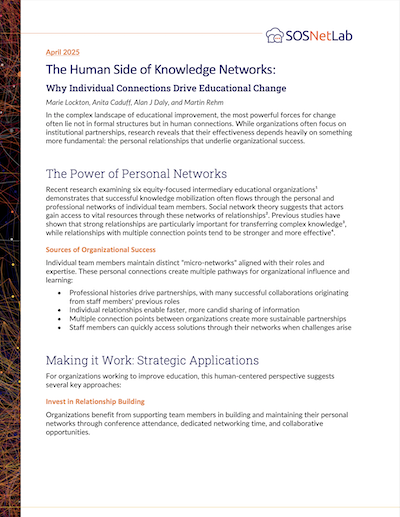
The Human Side of Knowledge Networks: Why Individual Connections Drive Educational Change
In the complex landscape of educational improvement, the most powerful forces for change often lie not in formal structures but in human connections. While organizations often focus on institutional partnerships, research reveals that their effectiveness depends heavily on something more fundamental: the personal relationships that underlie organizational success.
Read → Download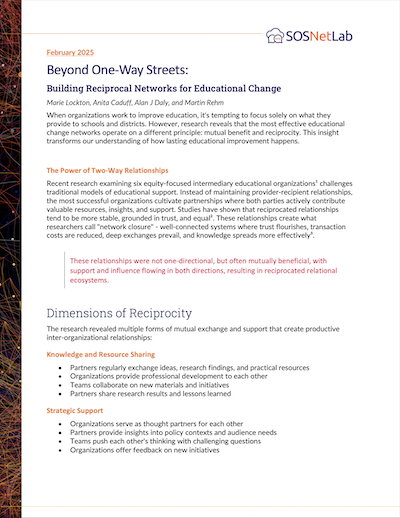
Beyond One-Way Streets: Building Reciprocal Networks for Educational Change
When organizations work to improve education, it's tempting to focus solely on what they provide to schools and districts. However, research reveals that the most effective educational change networks operate on a different principle: mutual benefit and reciprocity. This insight transforms our understanding of how lasting educational improvement happens.
Read → Download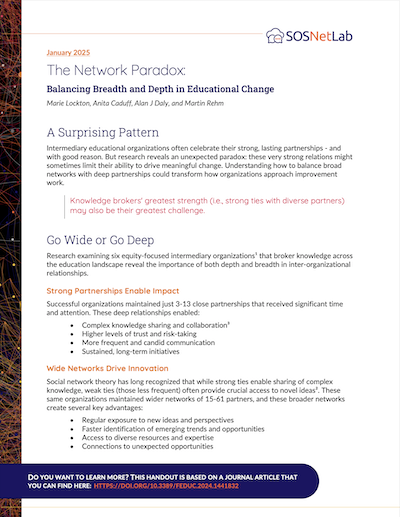
The Network Paradox: Balancing Breadth and Depth in Educational Change
Intermediary educational organizations often celebrate their strong, lasting partnerships - and with good reason. But research reveals an unexpected paradox: these very strong relations might sometimes limit their ability to drive meaningful change. Understanding how to balance broad networks with deep partnerships could transform how organizations approach improvement work.
Read → Download2024

Shifting the focus: examining knowledge brokers' relational ecosystem
Knowledge brokers play a crucial role in improving education by connecting research to practice and expanding opportunities for all students. While much is known about their connections with audiences, less attention has been given to their broader relational ecosysmtes, such as networks of relationships with organizations and individuals that provide collaboration, support, and resources. This study explores the structure and impact of these networks by analyzing survey and interview data from organizations that promote evidence-based practices across different levels of the U.S. education system, from K-12 schools to state policy. Findings show that knowledge brokers work with a diverse range of partners, including researchers, education leaders, foundations, and intermediaries. Their core networks are built on strong relationships, shaped by individual team members’ social ties, and well-connected to facilitate knowledge sharing. Beyond collaboration, partners offer critical infrastructure, funding, policy insights, and professional development, helping knowledge brokers expand their reach and effectiveness. These relationships are not one-sided; instead, they create mutually beneficial exchanges that strengthen the entire ecosystem. Our findings suggest that knowledge brokers can enhance their impact by strategically growing and maintaining their networks—supporting team members in building relationships, adapting to changing needs, and balancing deep connections with new opportunities.
Read → Download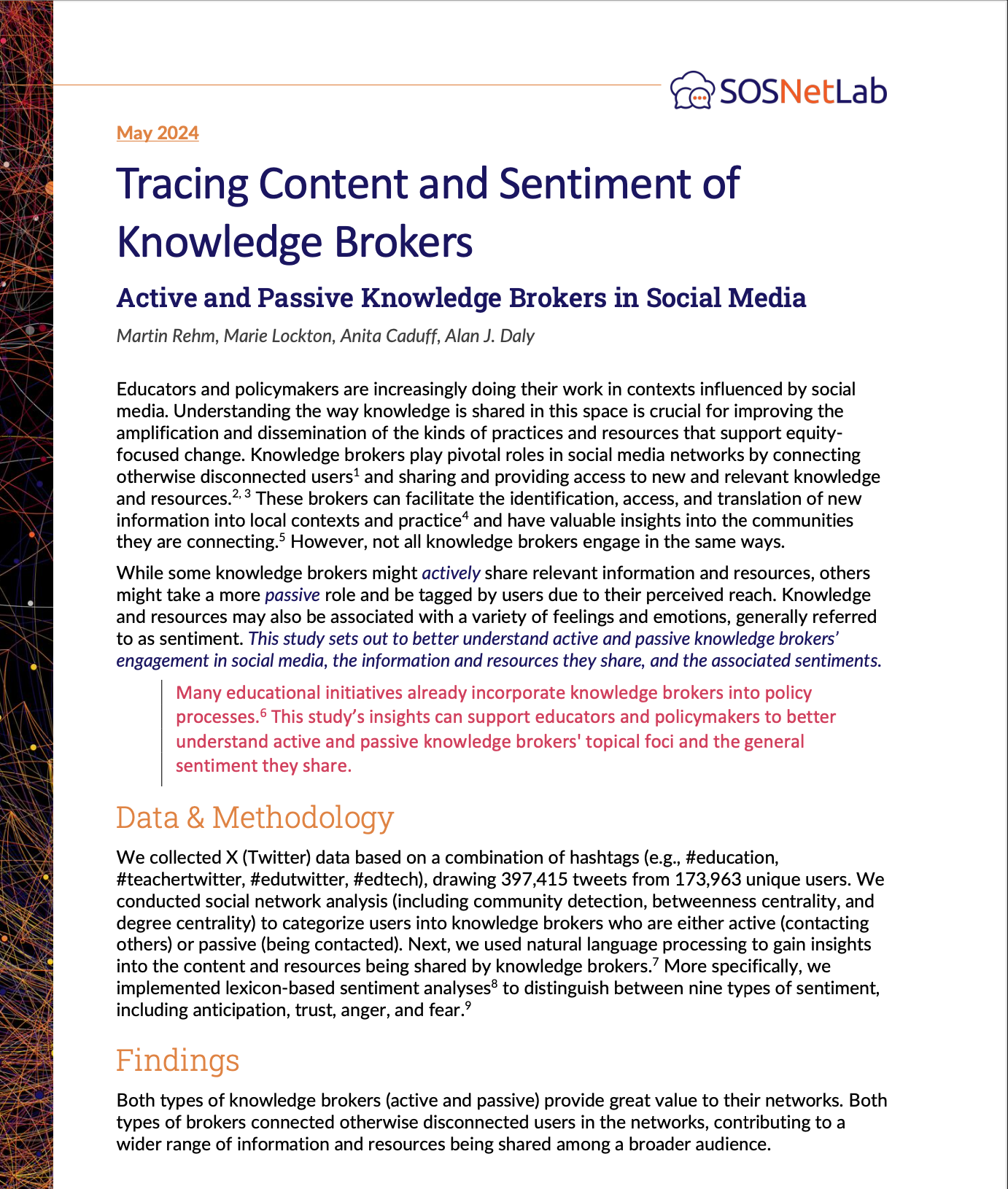
Tracing Content and Sentiment of Knowledge Brokers: Active and Passive Knowledge Brokers in Social Media
Educators and policymakers are increasingly doing their work in contexts influenced by social media, and understanding the way knowledge is shared in this space is crucial for change. Knowledge brokers play pivotal roles by connecting otherwise disconnected users and sharing and providing access to new and relevant knowledge and resources. This study sets out to better understand active and passive knowledge brokers’ engagement in social media (X, formerly Twitter), the information and resources they share, and the associated sentiments.
Read → Download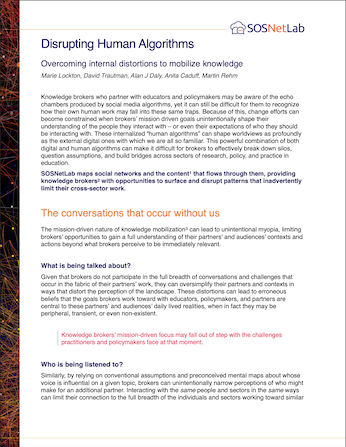
Disrupting Human Algorithms: Overcoming internal distortions to mobilize knowledge
Knowledge brokers who partner with educators and policymakers may be aware of the echo chambers produced by social media algorithms, yet it can still be difficult for them to recognize how their own human work may fall into these same traps. Because of this, change efforts can become constrained when brokers’ mission driven goals unintentionally shape their understanding of the people they interact with – or even their expectations of who they should be interacting with. These internalized “human algorithms” can shape worldviews as profoundly as the external digital ones with which we are all so familiar. This powerful combination of both digital and human algorithms can make it difficult for brokers to effectively break down silos, question assumptions, and build bridges across sectors of research, policy, and practice in education. SOSNetLab maps social networks and the content that flows through them, providing knowledge brokers with opportunities to surface and disrupt patterns that inadvertently limit their cross-sector work.
Read → Download2023
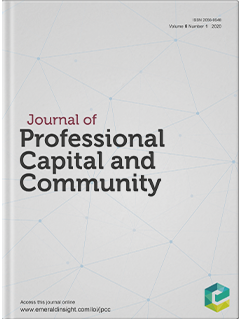
Beyond sharing knowledge: Knowledge brokers’ strategies to build capacity in education systems
Journal of Professional Capital and Community
This study examines how knowledge brokers understand and discuss capacity building efforts in education systems (e.g., schools, districts, local education agencies). The findings illustrate how knowledge brokers employed context-specific strategies targeting whole systems instead of individuals to ensure that the organization and individuals within had the mindsets, capability, and conditions to engage and adapt the brokered knowledge and resources.
Read →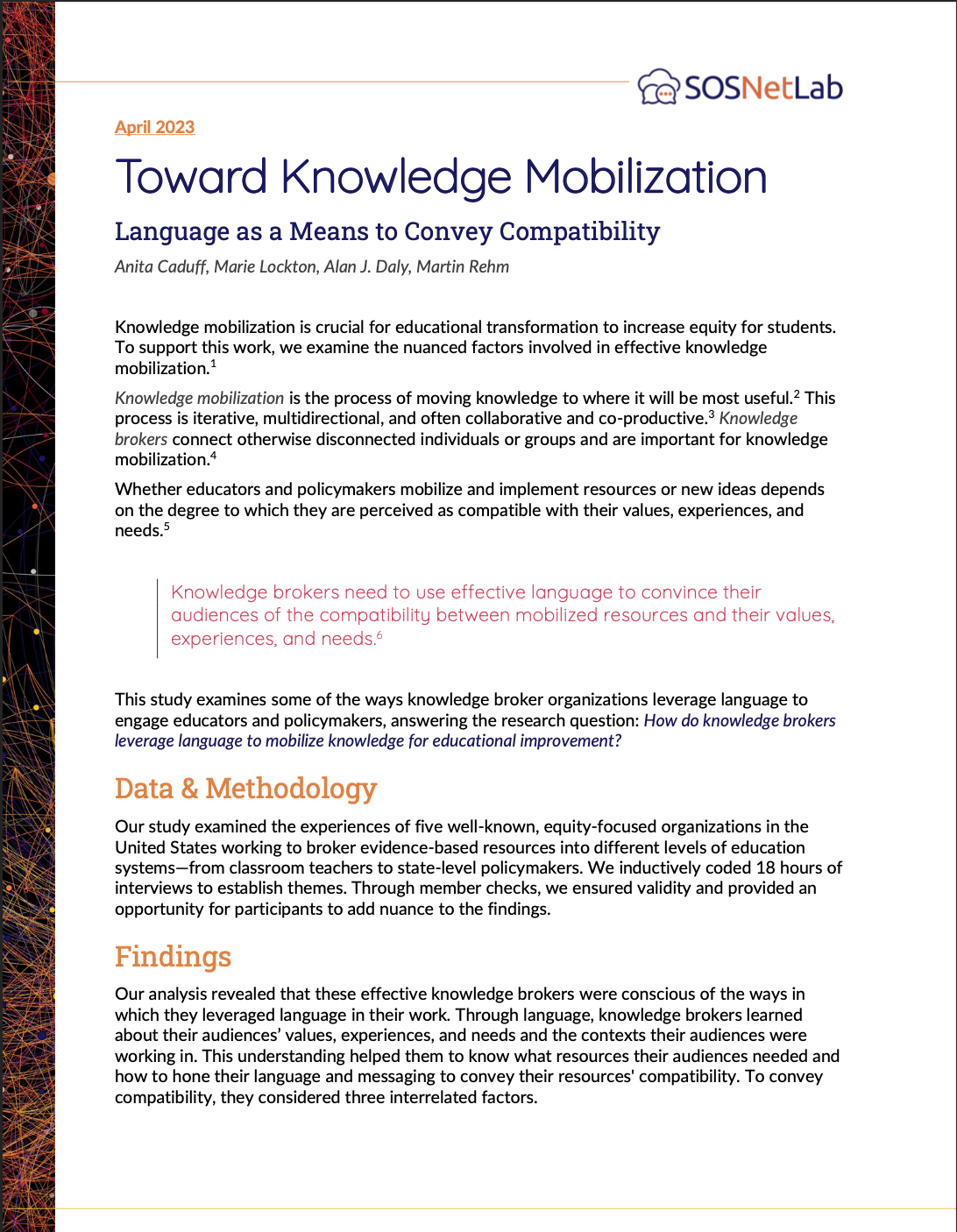
Toward Knowledge Mobilization: Language as a Means to Convey Compatibility
Whether educators and policymakers mobilize and implement resources or new ideas depends on the degree to which they are perceived as compatible with their values, experiences, and needs. Pursuing a more nuanced understanding of the factors that make knowledge mobilization successful, this handout looks at how knowledge brokers leverage language to convey their resources' compatibility.
Read → Download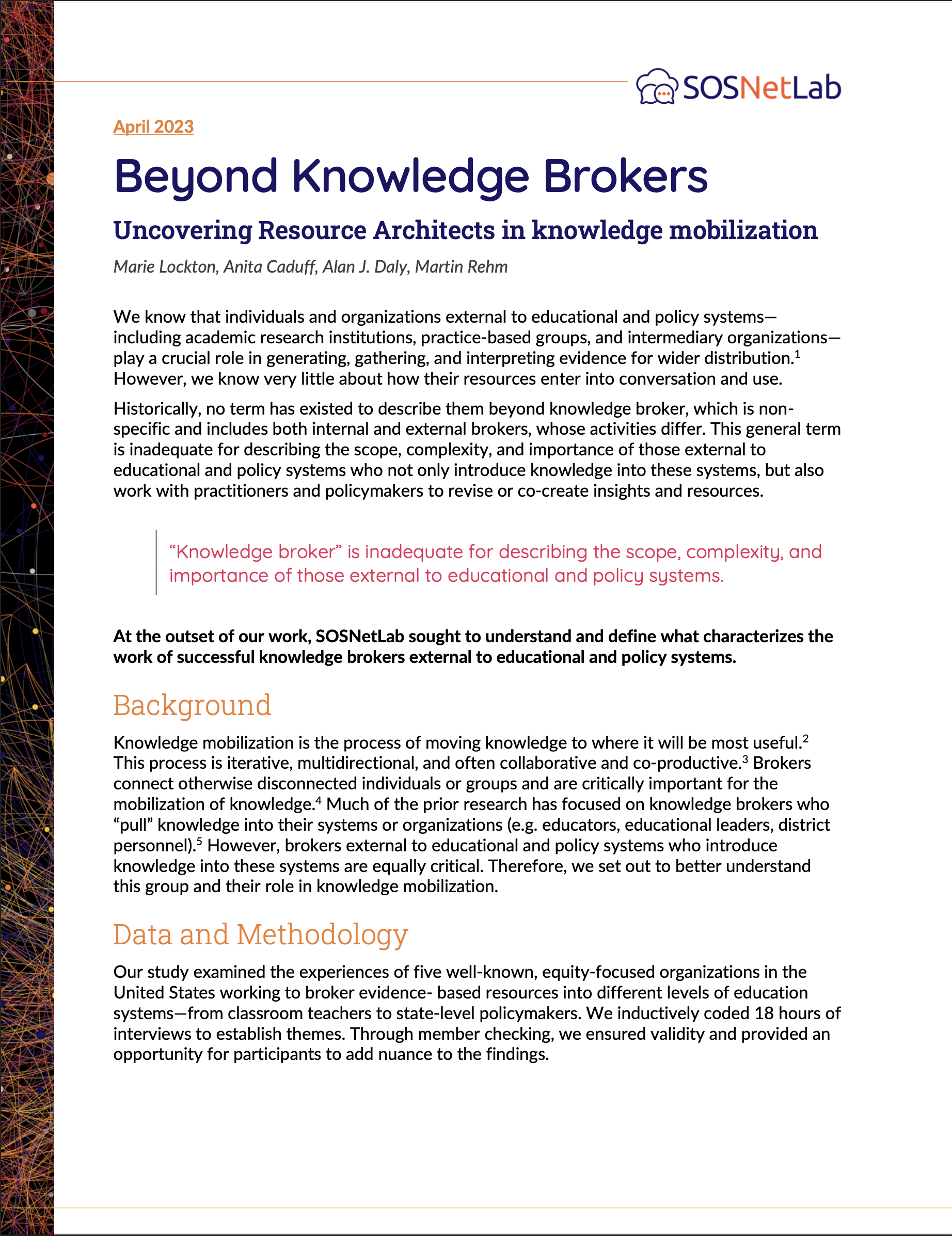
Beyond Knowledge Brokers: Uncovering Resource Architects in knowledge mobilization
Individuals and organizations external to educational and policy systems— including academic research institutions, practice-based groups, and intermediary organizations— play a crucial role in generating, gathering, and interpreting evidence for wider distribution. Diving deeper into the characteristics of successful individuals and organizations working in these spaces, it is clear that “Knowledge broker” is inadequate for describing the scope, complexity, and importance of their work.
Read → Download2022

Refocusing the lens on knowledge mobilization: An exploration of knowledge brokers in education practice and policy
Journal of Education Policy and Management
Knowledge mobilization is a deeply relational process built on trust. This study examines the ways knowledge brokers share resources, values, beliefs, and practices by attending to the learning journeys and contexts of educators and policymakers.
Read → Download
Literally Looking at Links – Mapping Communication and Content on Twitter
Communications in Computer and Information Science
Social media offers teachers and other educational professionals the opportunity to engage into discussions and acquire social capital. This study uses social network analyses, latent semantic analysis, and web-scraping techniques to examine the underlying communication patterns in social media.
Read →2021
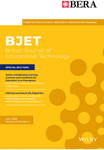
Exploring online social networks of school leaders in times of COVID-19
British Journal of Educational Technology
During the pandemic, school leaders turned to informal learning networks to rapidly share and collect information and reach out to their communities. This study investigates the underlying network structures among school leaders, the type of information shared, and more. These findings provide valuable insights into who is moving what types of resources as part of the emerging governance approach on social media
Read → Download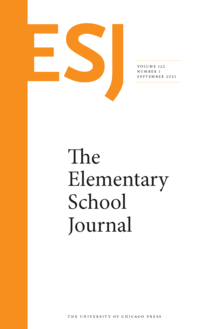
The social continuum of educational leadership: Exploring the offline and online social networks of elementary principals
The Elementary School Journal
This article investigates the informal sets of networks in both social media and face-to-face spaces in which elementary principals in an urban midsize public school district in the United States engage in the access, use, and diffusion of information. The findings are useful for practitioners and policymakers who would like to foster the (informal) professional development of educators.
Read →2020
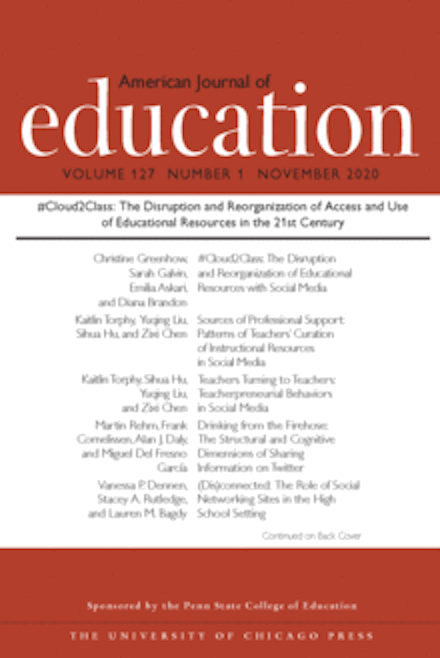
Drinking from the firehose: The structural and cognitive dimensions of sharing information on Twitter
American Journal of Education
Informal social networking sites, such as Twitter, can contribute to the continuous professional development of teachers by enabling them to share their ideas and collaboratively reflect on their practice. In this context, educational scientists have increasingly acknowledged that the concept of social capital can contribute to our understanding of how such networks develop and evolve over time. This study investigates the role of structural and cognitive social capital in the #observeme Twitter conversation.
Read →
Social media, education, and digital democratization
Teachers College Record
In this special issue, authors describe advocacy groups’ intentional organization and mobilization efforts to influence public opinion on education policy, as well as the relative influence of teachers’ collegial networks on their online curation of resources, and provide an in-depth look into one teacher’s efforts to supplement curriculum and meet her students’ needs. Each contributes uniquely to an emerging field of social media and education and relies on one or more of the components when examining big data.
Read →2019
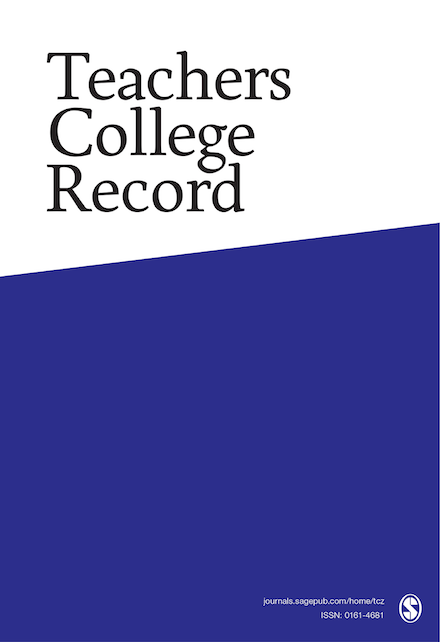
Educational leadership in the Twitterverse: Social media, social networks, and the new social continuum
Teachers College Record
Scholars increasingly recognize the importance of social processes involved in leading. Leadership has often been conceptualized as a process of influence toward an outcome. Social relationships through networks may provide leaders with the necessary infrastructure to access resources in achieving outcomes. Leadership from a network perspective, on the other hand, emphasizes the interdependence reflected by a network of ties, which may ultimately moderate, influence, or determine the activity and movement of practices and knowledge.
Read →
